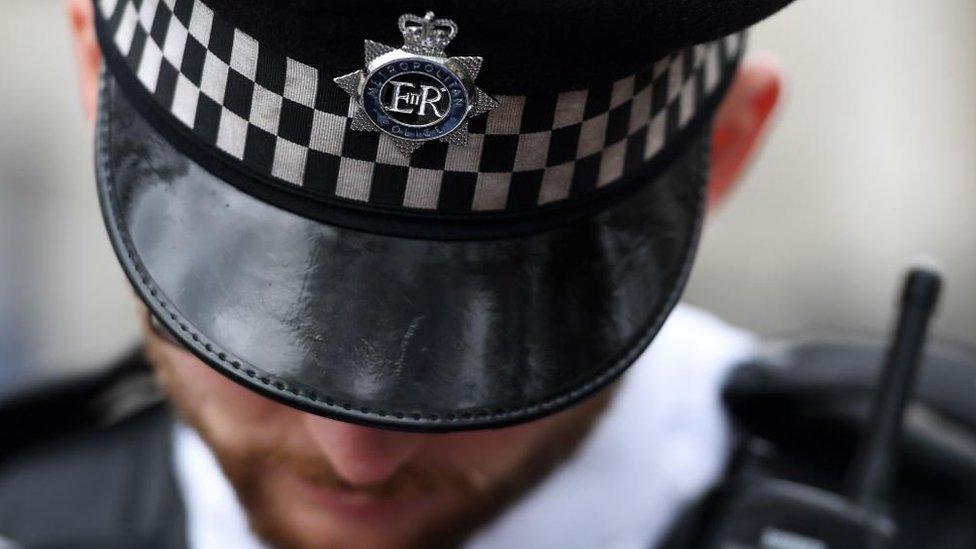Bedfordshire Police to focus on crime over mental health calls
- Published
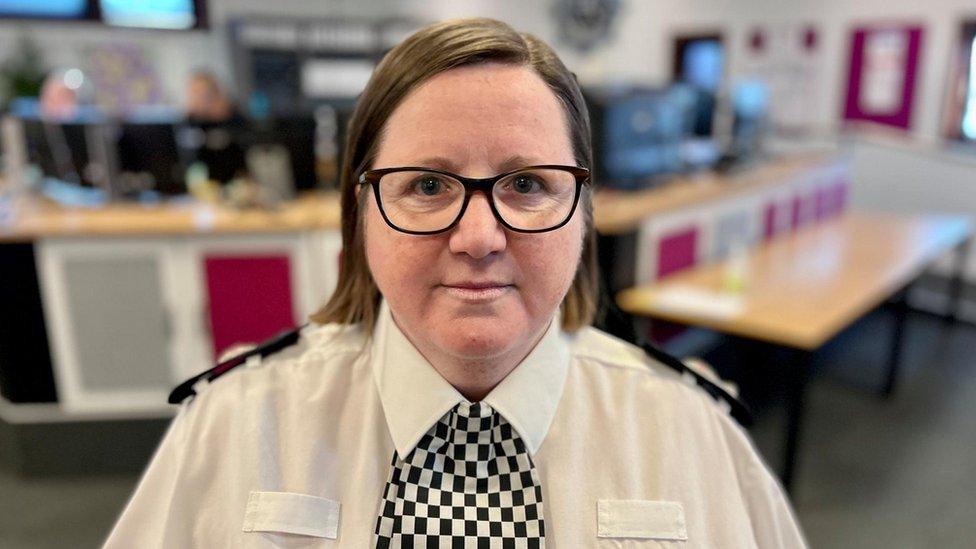
Ch Supt Jaki Whittred, from Bedfordshire Police, said the force had been a safety net because of the lack of NHS funding
Bedfordshire Police said its new 999 policy "Right Care, Right Person" (RCRP) would allow officers to focus on the jobs they have been "trained" for.
The change, which came into force from Wednesday, sees 999 callers with mental health issues turned away by police unless there is a risk to life or a crime has been committed.
The force said it had to deal with 14,000 welfare calls in 2023.
One NHS clinical director said she was concerned about resources.
Forces across the country have either adopted or are considering RCRP, saying mental health call-outs required huge resources and that police officers were not qualified to deal with most mental health situations.
Ch Supt Jaki Whittred, in charge of local policing at Bedfordshire Police, said for years her officers had been a safety net because of the lack of NHS staff and funding.
"In terms of that level of resourcing, it hasn't been there [in the NHS] over the years," she said.
People had the ability to contact police immediately, she added, stating the situation "out of hours, in particular" was a real issue.
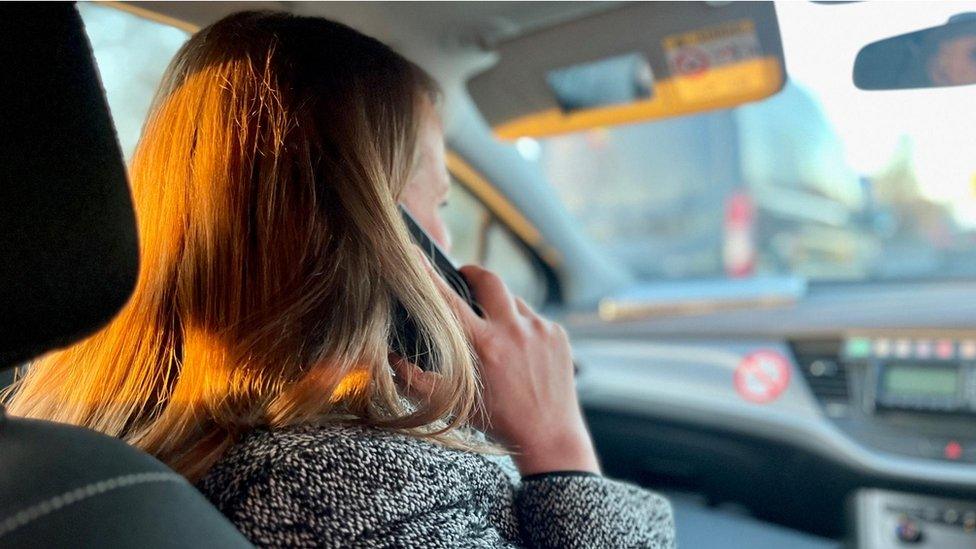
East London NHS Foundation Trust said it had looked at previous calls to understand if people could fall through the cracks
Dr Elena Baker-Glenn, a clinical director at East London Foundation Trust which runs mental health services in Bedfordshire, said gaps would need to be monitored as the police policy comes into force.
"All partner agencies are concerned in terms of the resources," she said.
She stressed that RCRP was the right approach to make sure people received the right care, but admitted the trust had not received any extra funding to employ more crisis staff.
She said the Department of Health and Social Care (DHSC) had surveyed authorities to ask where the gaps were and how much funding was needed, but it had not replied.

If you are affected by any of the issues in this article, you can find details of organisations that can help at BBC Action Line.

In November, the Health and Social Care Committee asked the government where the estimated £260m to run RCRP nationally would come from, external.
Its chair, Steve Brine MP, said measures to evaluate how the changes were improving health appeared "to be missing".
There have also been concerns raised about its introduction elsewhere in England.
The DHSC said that local implementation plans for the Right Care, Right Person approach would "reflect the needs of local communities, as well as the capacity of local police and mental health services, and any additional resources required".
"We are investing an extra £2.3bn a year in NHS mental health services by March 2024," a spokesman said.
"Through the NHS long term plan and supported by £60m investment, every area has invested in a range of alternative models of crisis support, such as crisis cafes, safe havens and crisis houses, providing an alternative to A&E or psychiatric admission."
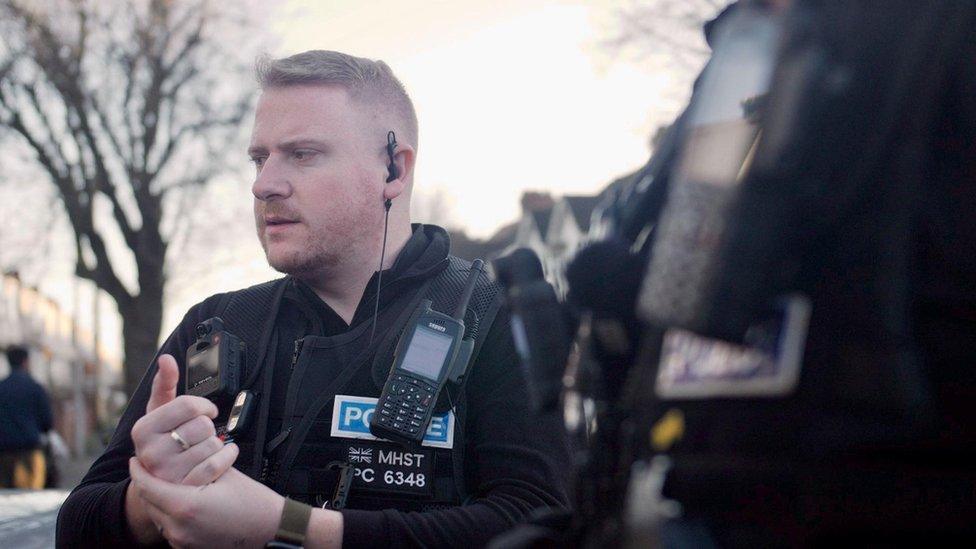
Bedfordshire Police said the roll-out was national and the programme had shown promising results in Humberside
Bedfordshire Police said it had to take a stand with the roll-out, which began in Humberside, external, as its work was "busy" and "complex", and it needed to focus resources in the places the public expected.
"We want to be able to put police resource into night-time economy situations to prevent violence escalating. We want to be able to put police into hotspot areas where we know there is serious youth violence and the risk of stabbings," said Ms Whittred.
"This is where we can add value."
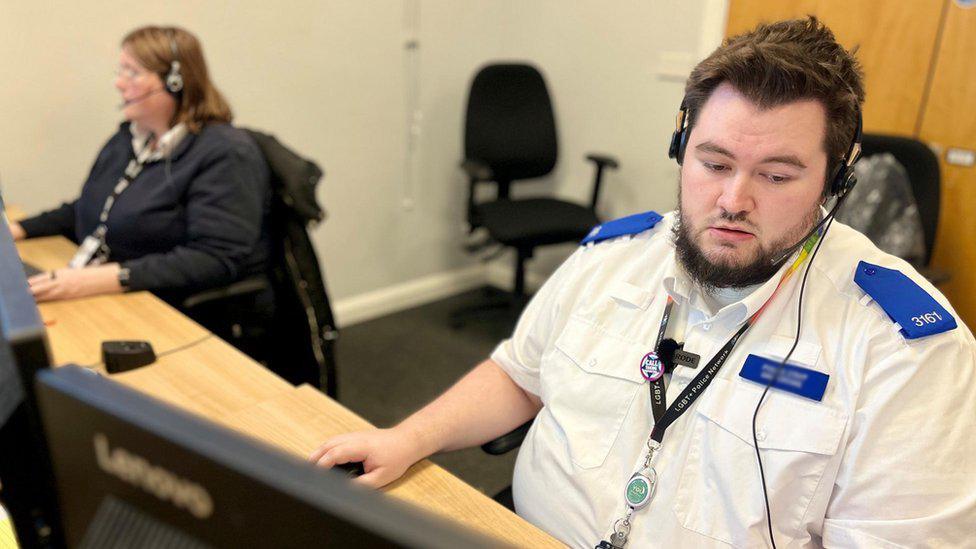
Bedfordshire Police control staff said the majority of some days could be taken up with mental health calls
One call handler working for Bedfordshire Police, Dan, said some decisions could provide a challenge.
"You have to weigh up, is there an immediate risk to that person and whether or not that immediate risk is actionable now, and is there a direct threat to that person? In which case, that is nice and clear and we will attend.
"But I think the ones where it might just sit on the fence will be challenging."
He said there was a "clear line of escalation" if they were unsure.
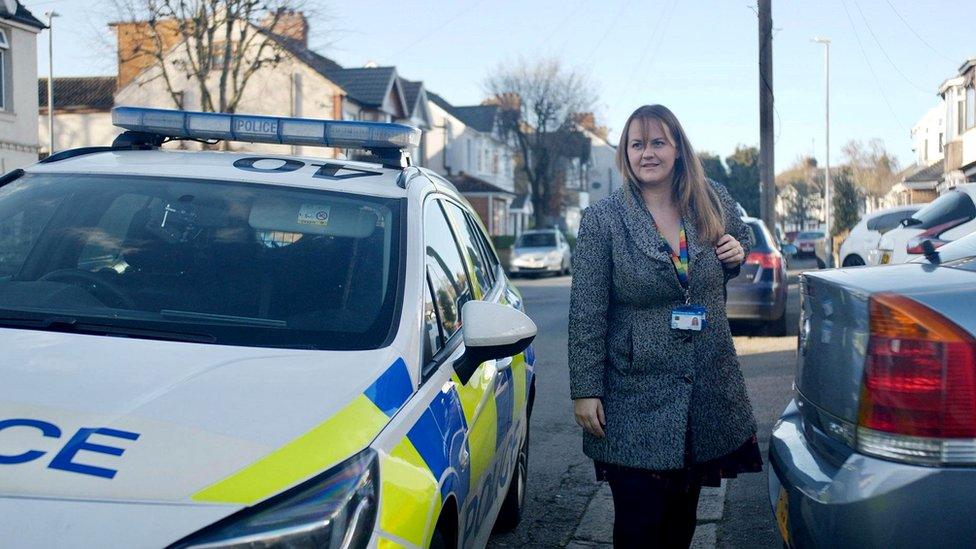
The mental health street triage team, which includes senior mental health nurse Colleen Coomber, helped 695 vulnerable people in 2023
In Bedfordshire, the mental health street triage team, made up of mental health nurses, police and ambulance staff, prevented 517 visits to A&E in 2023 and it plans to continue.
Dr Baker-Glenn believes when people have a mental health crisis and are only responded to by police, they can perceive it as threatening.
The mental health trust has an existing team that can visit homes and a crisis line staffed by mental health professionals that people can access by calling 111.
It is now having conversations with voluntary organisations like Samaritans to see if they can support some of the calls.
"We're hoping that by more education, people are aware of where to get the help in the first place," she said.

Follow East of England news on Facebook, external, Instagram, external and X, external. Got a story? Email eastofenglandnews@bbc.co.uk , externalor WhatsApp 0800 169 1830
Related topics
- Published25 January 2024
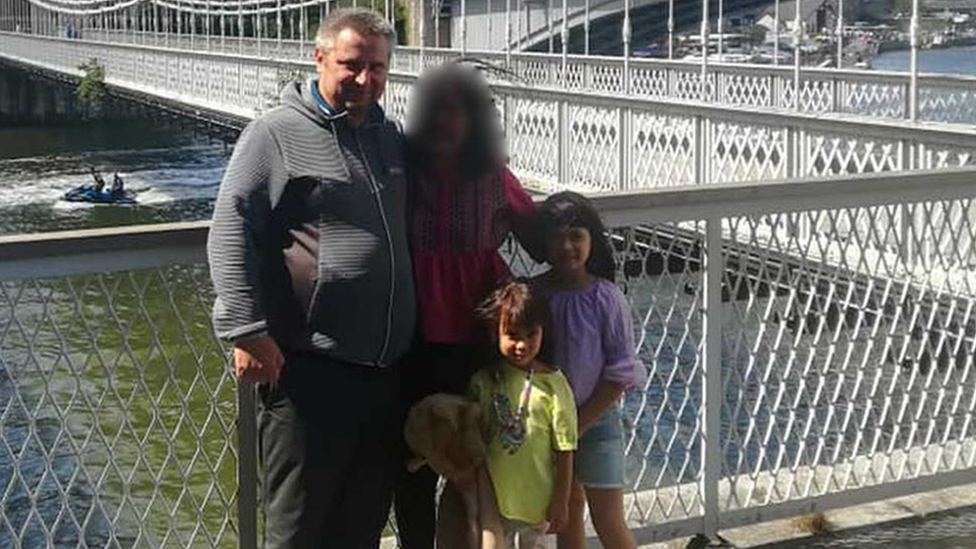
- Published9 October 2023
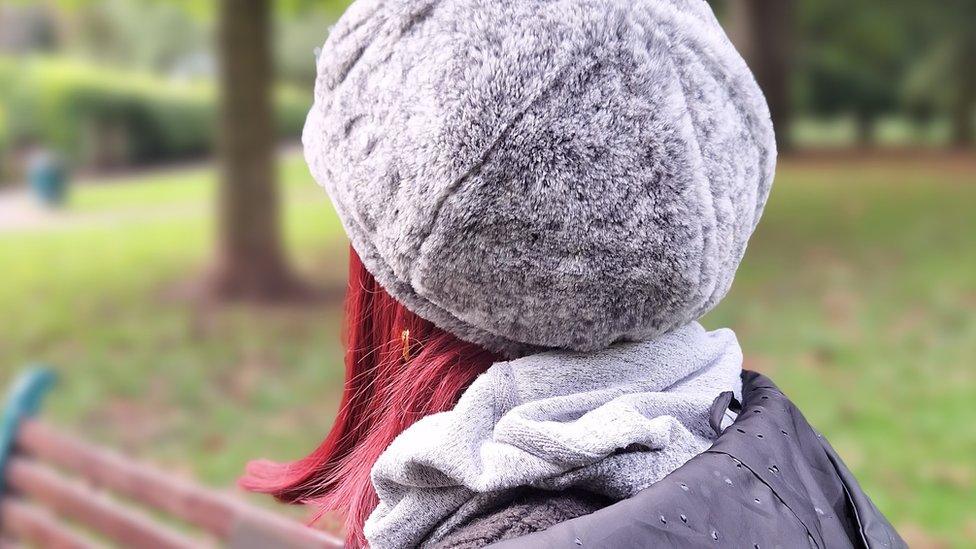
- Published26 July 2023
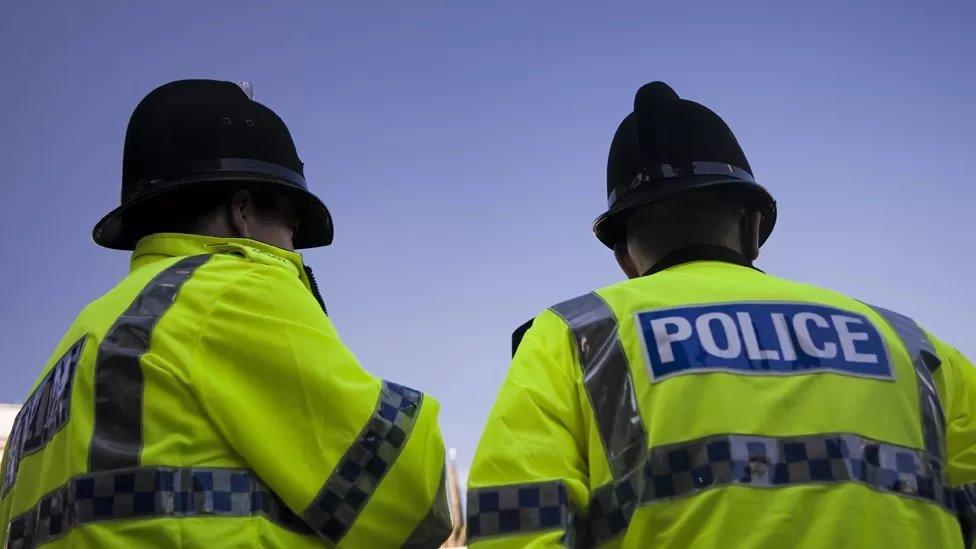
- Published29 May 2023
